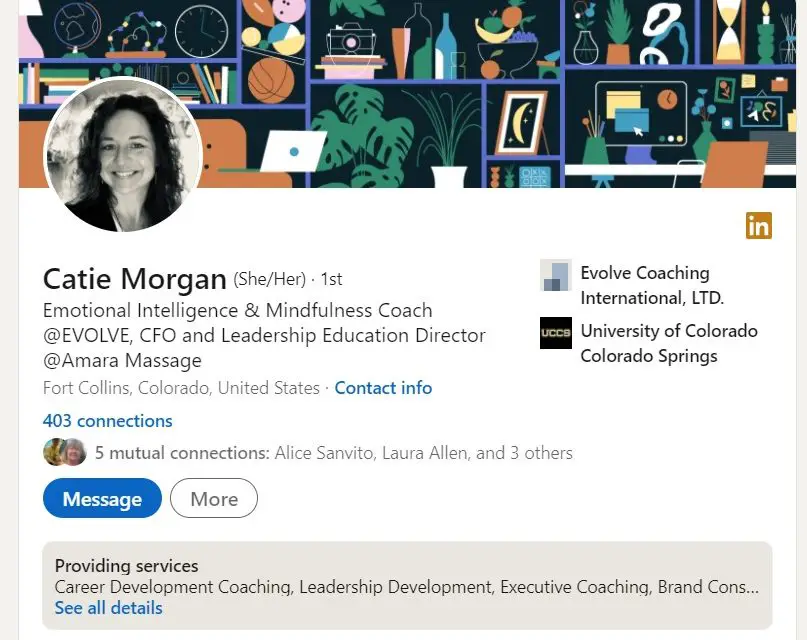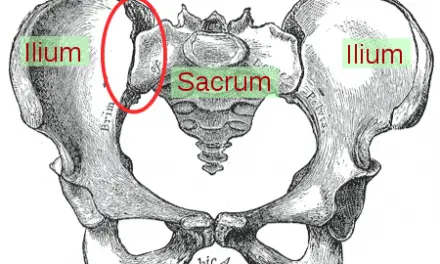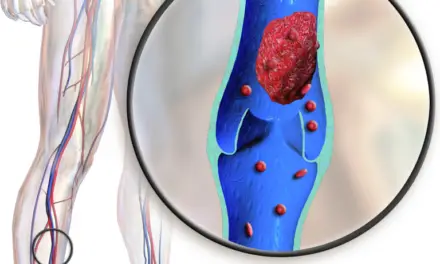If you’re seeking a job, it’s important to prepare a resume. Many employers require one, and even if it’s not required, having one gives an employer the impression of professionalism.
Put yourself in the employer’s shoes: would you be more apt to contact the applicant who submitted a resume, or the one who left their phone number and no other information on a sticky note?
If you are seeking a job by emailing or cold-calling businesses that you’re interested in, but who aren’t advertising for help at the time, employers can keep a resume on file for the future when they may have need of someone.
As COVID-19 restrictions become more relaxed, employers that may have had to temporarily close or operate at less than full capacity are getting busier. It could be a good time to look for a job.
Tip 1: Show what you had accomplished
Show—not tell—your potential employers about what you had achieved in your previous jobs. Instead of listing your job responsibilities, show them what you had accomplished.
For example, if you had worked in a previous spa, just listing your job description like in typical massage therapy templates, might go something like:
- Knowledgeable about Swedish massage and deep tissue massage
- Excellent customer service and people skills
- Served as a recruiter for our spa
- Demonstrated positive attitude to clients’ problems
This listing tells employers almost nothing about what makes you stand out from dozens of applicants who might tell a similar story.
As an individual with unique skills and experience, share specific accomplishments that you did.
For example, do you remember a specific client with a unique need that you were able to fulfill? Describe the problem, what did you do to solve it, and what was the outcome?
You could say something like:
- Helped a client with chronic low back pain reduce her pain symptoms enough for her to resume exercising regularly after treating her twice a week for two weeks.
Or
- Listened and asked questions about a client’s problem about how “bad” her last massage was, which required me to adapt to her needs the best I could. She gave me a five-star Yelp review the next day.
Tip 2: Showcase your skills
Most resume templates show that you list your skills in bullet points, but you need to make them action-packed. Listing doesn’t tell your employers what you can do for them.
For example, instead of just mentioning that you speak Spanish when you apply for a hospital where it serves a large number of Hispanic-Americans, show how you used that language skill to help your previous patients.
- Completed an assessment on a patient’s shoulder range of motion for frozen shoulder in Spanish.
- Translated patient’s concerns to the emergency physician and nurses, who did not speak Spanish, and translated doctor’s and nurses’ questions back to the patient.
Instead of listing the types of massage you do, describe briefly how you used lymphatic drainage massage (if you are qualified to do so) to help a breast cancer patient manage her symptoms of lymphedema.
Sample action words include performed, conducted, solved, asked, set or set up, resolved, sent, sold, upgraded, increased, decreased, led.
Tip 3: Be sure it’s error-free
Your resume should be free of typos, slangs, abbreviations (other than your college degree and/or LMT after your name), and grammatical mistakes. Use your word-processing editor or a website like Grammarly to be sure your resume is error-free.
People sometimes make simple mistakes that make a bad impression. If you’re applying for a massage therapist job but one of your objectives is to move into management, it won’t look good if you say you hope to become a “manger.”
An owner might look at that and think, “Wow, they want to be a manager and can’t even spell it!”
Tip 4: Avoid Including Irrelevant Information
A resume, by definition, is a summary of your education, qualifications, and work experience. If it isn’t relevant, don’t include it. Your personal contact information, your education and work experience are relevant.
Personal information, like where you were born and raised, how many kids you have, and your hobbies, are not.
People sometimes make the mistake of thinking that the more they include, the better, but if it has nothing to do with your ability to do the job, leave it out.
Tip 5: Just the facts, please
State your qualifications honestly. Avoid making false or inflated claims about past experience and education. Don’t claim to have advanced knowledge about trigger point therapy if that means you watched a few videos on YouTube and practiced on a few clients.
Employers and human resource people do check references and verify employment and education.
What you may lack in experience may often be made up for with willingness to learn and enthusiasm.
Tip 6: Be prepared to explain your job history
If you were an employer, and you see this in an applicant’s resume, what would you ask?
2009-2013 Massage Therapist at The Spa on the Beach
2014-2018 Massage Therapist at Bliss Spa
And now it’s 2021, and what have you been doing for the past few years? You don’t need to put that information on a resume, but you can expect questions to come up about it in a job interview.
You might address it in the cover letter or interview, by saying something like “I have taken the past three years off to be my mother’s caregiver, but as she has now passed, I am ready to return to full-time work.”
Yes, that is a little personal information, but you should be prepared to have an answer about extended periods of time off.
If many employers are on your resume, showing that you frequently changed jobs, you should be prepared to answer questions about that during your interview, if you get one. Employers hesitate to hire people that they think have “issues,” which could mean anything from getting along well with others to complaints from clients.
The law in many states allows former employers to say whether or not you are eligible for rehire, and that is a go-to question for many employers who are seeking job applicants.







